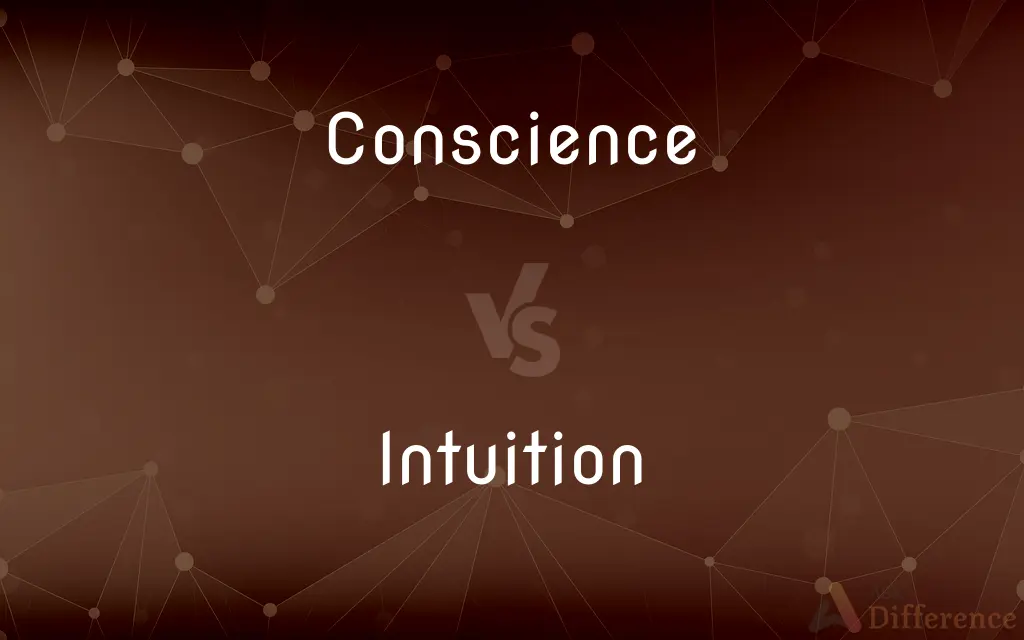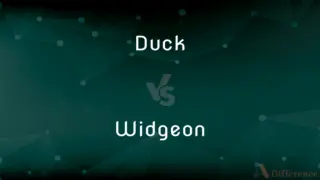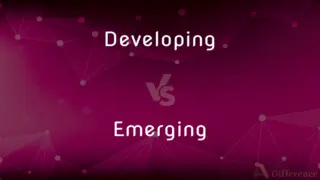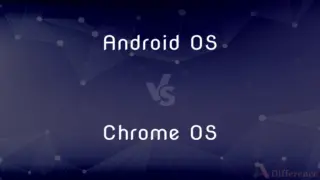Conscience vs. Intuition — What's the Difference?

Difference Between Conscience and Intuition
ADVERTISEMENT
Compare with Definitions
Conscience
Conscience is a cognitive process that elicits emotion and rational associations based on an individual's moral philosophy or value system. Conscience stands in contrast to elicited emotion or thought due to associations based on immediate sensory perceptions and reflexive responses, as in sympathetic central nervous system responses.
Intuition
Intuition is the ability to acquire knowledge without recourse to conscious reasoning. Different fields use the word "intuition" in very different ways, including but not limited to: direct access to unconscious knowledge; unconscious cognition; inner sensing; inner insight to unconscious pattern-recognition; and the ability to understand something instinctively, without any need for conscious reasoning.The word intuition comes from the Latin verb intueri translated as "consider" or from the late middle English word intuit, "to contemplate".
Conscience
A person's moral sense of right and wrong, viewed as acting as a guide to one's behaviour
He had a guilty conscience about his desires
Ben was suffering a pang of conscience
Intuition
The ability to understand something instinctively, without the need for conscious reasoning
We shall allow our intuition to guide us
Conscience
An awareness of morality in regard to one's behavior; a sense of right and wrong that urges one to act morally
Let your conscience be your guide.
ADVERTISEMENT
Intuition
The faculty of knowing or understanding something without reasoning or proof.
Conscience
A source of moral or ethical judgment or pronouncement
A document that serves as the nation's conscience.
Intuition
An impression or insight gained by the use of this faculty
"I had this intuition you would come here just after the rain broke" (Carson McCullers).
Conscience
Conformity to one's own sense of right conduct
A person of unflagging conscience.
Intuition
Immediate cognition without the use of conscious rational processes.
Conscience
The part of the superego in psychoanalysis that judges the ethical nature of one's actions and thoughts and then transmits such determinations to the ego for consideration.
Intuition
A perceptive insight gained by the use of this faculty.
Conscience
(Obsolete) Consciousness or awareness of something.
Intuition
A looking after; a regard to.
What, no reflection on a reward! He might have an intuition at it, as the encouragement, though not the cause, of his pains.
Conscience
The moral sense of right and wrong, chiefly as it affects a person’s own behaviour and forms their attitude to their past actions.
Your conscience is your highest authority.
Intuition
Direct apprehension or cognition; immediate knowledge, as in perception or consciousness; - distinguished from "mediate" knowledge, as in reasoning; as, the mind knows by intuition that black is not white, that a circle is not a square, that three are more than two, etc.; quick or ready insight or apprehension.
Sagacity and a nameless something more, - let us call it intuition.
Conscience
A personification of the moral sense of right and wrong, usually in the form of a person, a being or merely a voice that gives moral lessons and advices.
Intuition
Any object or truth discerned by intuition.
Conscience
(obsolete) Consciousness; thinking; awareness, especially self-awareness.
Intuition
Any quick insight, recognized immediately without a reasoning process; a belief arrived at unconsciously; - often it is based on extensive experience of a subject.
Conscience
Knowledge of one's own thoughts or actions; consciousness.
The sweetest cordial we receive, at last,Is conscience of our virtuous actions past.
Intuition
The ability to have insight into a matter without conscious thought; as, his chemical intuition allowed him to predict compound conformations without any conscious calculation; a mother's intuition often tells her what is best for her child.
Conscience
The faculty, power, or inward principle which decides as to the character of one's own actions, purposes, and affections, warning against and condemning that which is wrong, and approving and prompting to that which is right; the moral faculty passing judgment on one's self; the moral sense.
My conscience hath a thousand several tongues,And every tongue brings in a several tale,And every tale condemns me for a villain.
As science means knowledge, conscience etymologically means self-knowledge . . . But the English word implies a moral standard of action in the mind as well as a consciousness of our own actions. . . . Conscience is the reason, employed about questions of right and wrong, and accompanied with the sentiments of approbation and condemnation.
Intuition
Instinctive knowing (without the use of rational processes)
Conscience
The estimate or determination of conscience; conviction or right or duty.
Conscience supposes the existence of some such [i.e., moral] faculty, and properly signifies our consciousness of having acted agreeably or contrary to its directions.
Intuition
An impression that something might be the case;
He had an intuition that something had gone wrong
Conscience
Tenderness of feeling; pity.
Conscience
Motivation deriving logically from ethical or moral principles that govern a person's thoughts and actions
Conscience
Conformity to one's own sense of right conduct;
A person of unflagging conscience
Conscience
A feeling of shame when you do something immoral;
He has no conscience about his cruelty
Share Your Discovery

Previous Comparison
Duck vs. Widgeon
Next Comparison
Developing vs. Emerging














































